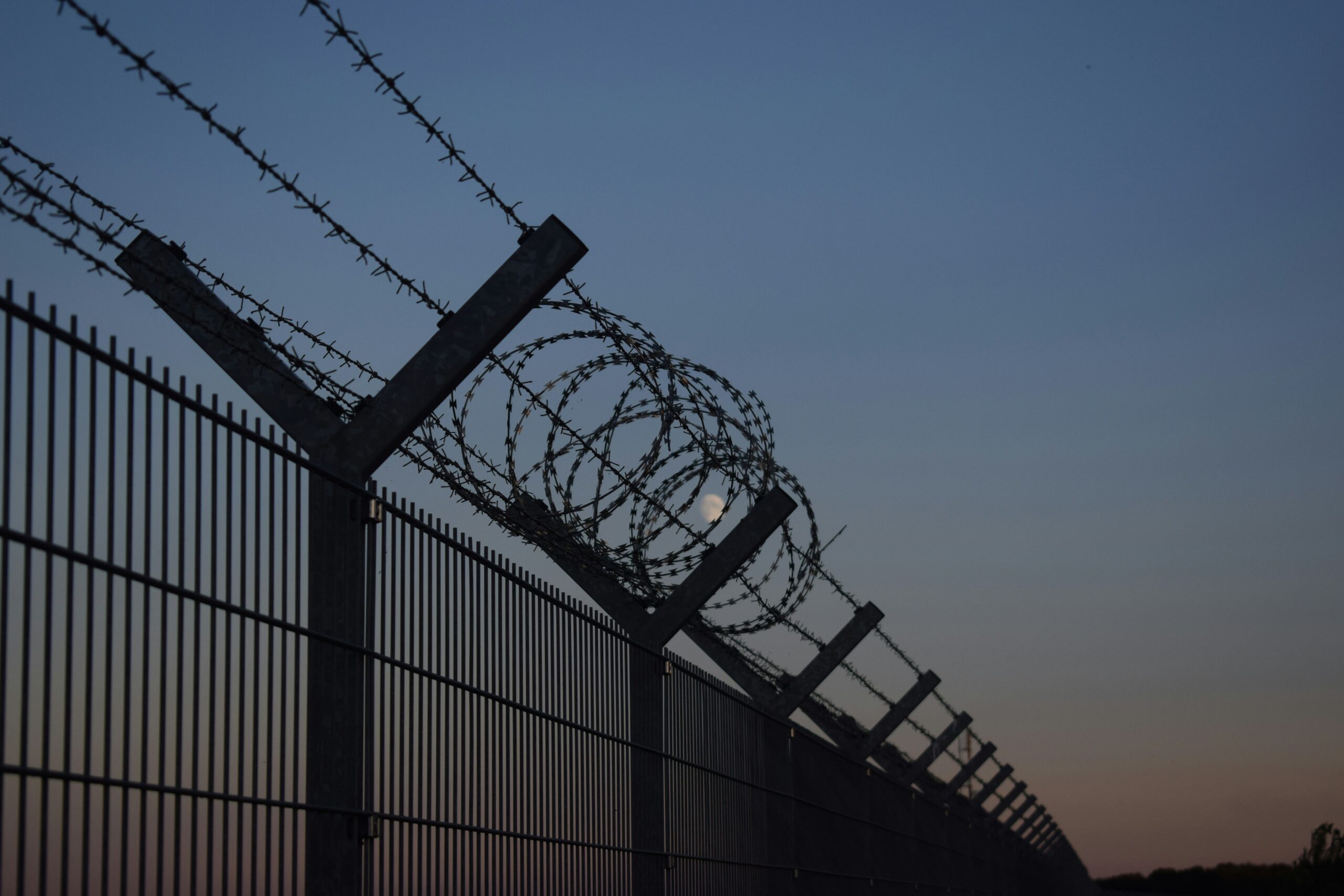Chris Clem, the former Border Patrol Chief of the Yuma Sector and recent senior advisor to HHS Secretary Robert F. Kennedy Jr., is offering new insight into the Biden-era border crisis and the early steps the current administration is taking to repair it. In an interview with Chicago’s Morning Answer, Clem described the last few months as a 100-day sprint to stabilize refugee operations, reconnect missing migrant children with sponsors or family, and build systems that can handle the aftermath of years of what he called “intentional policy failure.”
During his time at the Office of Refugee Resettlement, Clem focused on one of the most disturbing aspects of the border crisis—tens of thousands of unaccompanied minors who went missing after being released into the U.S. under the Biden administration. According to Clem, the number originally reported was around 300,000 children classified as “unaccounted for.” Through enforcement efforts, application reviews, and door-to-door follow-ups, that number has been reduced to fewer than 100,000. In recent weeks alone, over 5,000 children have been reconnected with verified family members or safe sponsors.
“We inherited cold cases,” Clem said. “These kids were released with false paperwork, no biometric checks, and no accountability. We’re putting the systems in place to ensure this never happens again.”
He emphasized that the current approach is about more than tracking lost children. It’s a whole-of-government strategy to secure the border, enforce laws within the interior of the country, and dismantle the networks that facilitated child exploitation. Targeting fraudulent sponsors and prosecuting human traffickers are now priorities, Clem said.
“It is a crime to traffic children, no matter how you try to dress it up,” he stated.
Clem contrasted the Trump administration’s current policies with the previous administration’s open-border posture, highlighting President Biden’s now-infamous debate stage promise that no one would be deported in his first 100 days unless they committed a felony. That policy, Clem argued, effectively became a free pass for criminal aliens as well.
Now, under new leadership, Clem said deportations have been reinstated, border crossings are down dramatically—averaging just 250 per day compared to more than 10,000 per day in late 2023—and self-deportation incentives are proving more effective than expected. He praised the option as a way for people to exit voluntarily without further legal consequence, saving the government both time and money.
Clem also addressed the lesser-known issue of how many small towns across America were flooded with migrants under Biden-era parole programs, which he said bypassed the law and overwhelmed community services. Springfield, Ohio, was among the towns mentioned—where local residents faced skyrocketing rents and overwhelmed school systems after tens of thousands of migrants were resettled.
“The parole system was abused,” Clem explained. “Thousands were dropped into towns that couldn’t support them. The administration issued legal notice to end this, but federal judges—many appointed by Biden and Obama—blocked those efforts.”
Despite those roadblocks, Clem expressed optimism that the foundation has been laid for long-term reform. He cited President Trump’s executive orders identifying cartels as foreign terrorist organizations, invoking the Alien Enemies Act, and directing a unified response across federal agencies.
“People voted to secure our borders, and this administration is delivering,” Clem said. “We’ve built a framework. Now we need time—and continued political support—to scale it.”
Clem closed by stressing that restoring order at the border isn’t just a policy issue—it’s a moral one. With over $500 per day spent housing unaccompanied children and countless lives disrupted, the stakes couldn’t be higher.
“It’s about protecting our cities, our families, and the most vulnerable among us,” he said. “If we do that, then we can focus on all the other conversations this country needs to have. But first, we fix this.”





